How to Avoid Reverse Mortgage Scams
As a homeowner in the golden years of your life, you might be considering a reverse mortgage to enhance your financial security. However, it’s crucial to understand how to avoid potential scams and fraud that could put your hard-earned home at risk. This comprehensive guide aims to arm you with knowledge and tips to avoid reverse mortgage scams and safeguard your interests.Understanding Reverse Mortgages
Let’s begin by understanding what a reverse mortgage is. A reverse mortgage is a loan that allows homeowners over the age of 62 to convert part of their home’s equity into cash. This loan doesn’t require monthly payments, and the loan is repaid when the homeowner sells the home, moves out, or passes away. As a Kansas homeowner, you may find a reverse mortgage appealing because it can provide a steady income stream in your retirement years. However, it’s essential to be aware of the potential risks and scams associated with these loans.How Reverse Mortgage Scams Work
Scammers often prey on seniors who may be financially vulnerable or unfamiliar with the ins and outs of reverse mortgages. These fraudsters employ several tactics, from promising unrealistically high appraisals to pushing unsolicited reverse mortgage offers. In some cases, scammers may convince the homeowner to invest the proceeds from the reverse mortgage into risky investments. In others, they might claim that a reverse mortgage can solve all financial woes without disclosing the risks and costs associated with the loan.Red Flags to Watch Out For
To protect yourself and your home, here are some red flags to look out for:- Pressure to sign documents: Never sign any documents you don’t understand, especially if there’s pressure or a sense of urgency.
- Unsolicited offers: Be wary of unsolicited advertisements or mailings regarding reverse mortgages.
- Too good to be true promises: If a deal seems too good to be true, it likely is. Be cautious of promises of extremely high home values or guaranteed financial security.
- Fees and costs: Watch out for undisclosed fees and costs. Legitimate lenders will always disclose all costs and fees upfront.
How to Protect Yourself
To avoid falling victim to a reverse mortgage scam, follow these guidelines:
- Do your research: Thoroughly research any company or individual before doing business with them. Check their reputation, history, and customer reviews.
- Consult with trusted professionals: Before agreeing to a reverse mortgage, consult with a trusted financial advisor, attorney, or family member.
- Know your rights: Remember, you have the right to refuse to sign if you do not completely understand what you’re signing.
- Attend a counseling session: HUD-approved counseling sessions are mandatory for anyone applying for a reverse mortgage. These sessions provide valuable information about the process and potential risks.
Reporting Mortgage Fraud and Scams
If you suspect that you’ve been targeted by a reverse mortgage, scam or fraud, it’s essential to report it immediately. You can report suspected fraud to the Federal Trade Commission (FTC) via their website or by calling 1-877-FTC-HELP. Additionally, Kansas residents can contact the Kansas Attorney General’s Consumer Protection Division.
If the scam involves a financial institution, like a bank, you should also report it to the Consumer Financial Protection Bureau (CFPB). They have the authority to take action against companies that violate consumer financial laws. Remember, reporting scams not only helps you, but it can also prevent others from becoming victims.



